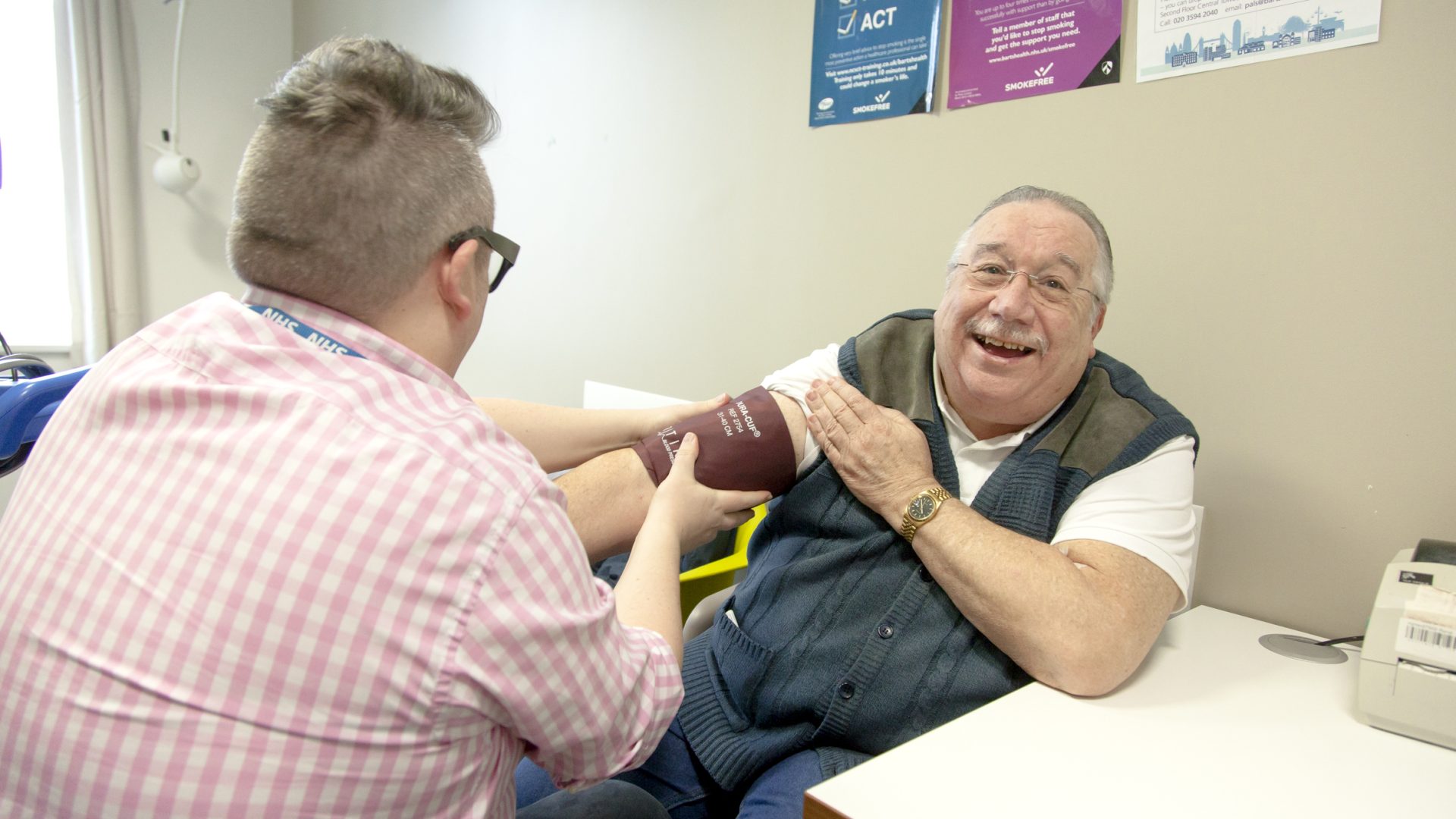Research, out now in Nature Genetics , has discovered a gene variant found in a tiny benign nodule which leads to the overproduction of the hormone aldosterone. Aldosterone causes salt to be retained in the body, in turn causing hypertension. In most people with high blood pressure, the cause is unknown, and the condition requires life-long treatment by drugs.
Understanding the cause of high blood pressure
Research by the group at Queen Mary University of London and St Bartholomew’s Hospital, discovered that in 5-10% of people with hypertension, the cause is a gene variant in the adrenal glands. This results in excessive amounts of aldosterone being produced. However, less than 1% of people with hypertension caused by aldosterone are identified under current routine diagnostic tests.
In addition, patients with excessive aldosterone levels in the blood are resistant to commonly used drugs for hypertension, and are at increased risk of heart attacks and strokes.
Introducing new testing
The researchers suggest the introduction of a 24-hour urine test would more effectively detect aldosterone level fluctuations, which typically fluctuate throughout the day, and so cases would be detected sooner. When diagnosed, the condition could be cured through unilateral adrenalectomy. This is the removal of one adrenal gland.
Planning more research
Professor Morris Brown, co-senior author of the study and Professor of Endocrine Hypertension at Queen Mary University of London, said:
“In the 900th anniversary of St Bartholomew’s Hospital, this story illustrates benefits from the virtuous circle of Science and Medicine. Most patients consent to our undertaking non-routine molecular analyses of their surgical samples, from which we discover how their hypertension was caused, and how to cure it in future patients. Because the aldosterone nodules in this study were so small, we are now investigating whether momentary cauterisation of the nodule is an alternative to surgical removal of the whole adrenal gland.”
The research was funded by Barts Charity and undertaken by research fellows funded by the British Heart Foundation, National Institute of Health Research, Medical Research Council and Royal Society.
Read more on this story on the QMUL website.
“In the 900th anniversary of St Bartholomew's Hospital, this story illustrates benefits from the virtuous circle of Science and Medicine"Professor Morris Brown, Professor of Endocrine Hypertension at Queen Mary University of London


